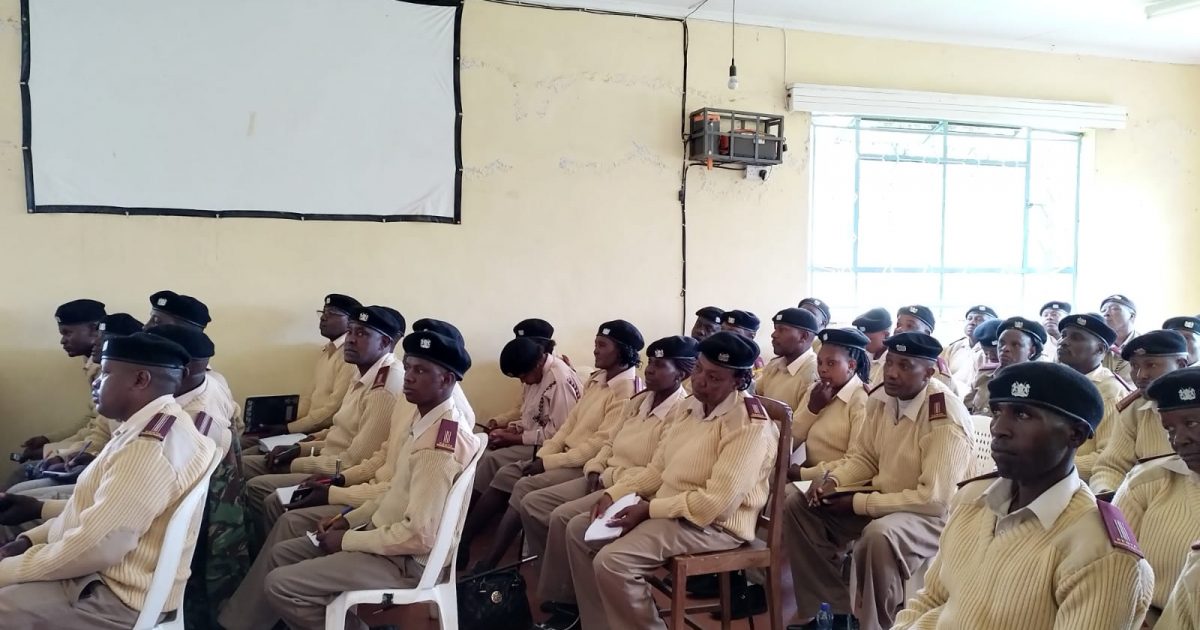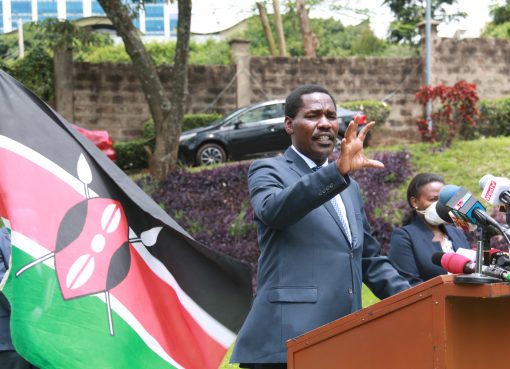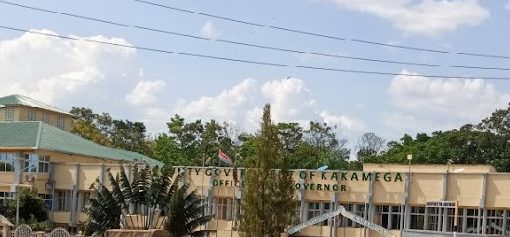Nakuru County Commissioner Mr. Gilbert Kitiyo has directed chiefs and their assistants to familiarize themselves with provisions of the Chiefs’ Act in order to fully understand the sweeping powers they have in discharging their duties as peacemakers, mediators, negotiators and law enforcers.
Kitiyo noted that there has been a lot of misinformation or misinterpretation of the provisions of the Chiefs’ Act (Chapter 128) after several sections were either repealed or deleted between 1963 and 1997 in particular with regard to the powers and functions of chiefs, assistant chiefs and village elders.
He said the 2010 Constitution had not whittled down the administrators’ powers to the extent perceived by most members of the public and civil society groups.
“It is imperative to note that national government functions cascade to the devolved units where they are discharged alongside those of devolved units,” noted the County Commissioner.
“Chiefs and assistant chiefs perform these national government functions at the locational and sub-locational levels. In spite of devolution, they shall remain national government officials,” he added.
Kitiyo who made the remarks during a familiarization tour of Njoro and Molo Sub-Counties indicated that Chiefs and their assistants played a key role in curbing crime in the villages and estates but limited knowledge about provisions of the Act may hinder their delivery.
He stated that at the communal level, the government expected the administrators to spearhead health security, political security, policing security, social security, environmental security, food security and economic security campaigns.
“In a nutshell, the chief and his assistant(s) are in charge of all national functions, since he or she handles all issues touching on all government,” the County Commissioner observed.
Kitiyo noted that most Kenyans were unaware that a chief and his assistant(s) were empowered by the law subject to approval in writing by the minister to recruit able-bodied adult persons aged between 18 and 50 years for any work or service during emergencies such as fire, flood, earthquake, violent epidemic or epizootic disease, invasion by animal or insect pests or plant diseases or pests, or arising from circumstances which would endanger the existence of the whole or any part of the population.
Nevertheless, in such circumstances the Act provides that the State shall provide such food, housing and transport as it may consider necessary for persons engaged in performing any work or rendering any service under this section, while so engaged, pay the persons and that cost of any food, housing or transport provided, shall be paid from public funds.
Kitiyo explained that apart from prohibiting or restricting the consumption or possession of intoxicating liquor to persons, the Act empowered Chiefs and their assistants to prevent the pollution of the water in any stream, watercourse or water-hole, and prevent the obstruction of any stream or watercourse.
“Chiefs and their assistants have been assigned by the statute roles of regulating the use of artificial water supplies constructed from public funds, regulating the cutting of timber and prohibiting the wasteful destruction of trees and preventing the spread of disease, whether of human beings or animals,” he stated.
During the tour Kitiyo held a series of meetings with Deputy County Commissioners, Assistants County Commissioners, Departmental heads, chiefs and assistant chiefs.
Other than codification of customary laws, promotion of socio-economic development and maintenance of law and order in their jurisdiction, chiefs play a pivotal role in dispute resolution which is often chaotic and requires immediate prosecution.
Kitiyo indicated that chiefs still retained powers of arresting suspected criminals within their jurisdictions but on condition that such individuals shall, without delay, be taken to the nearest police station.
“Every chief or assistant chief who receives information that any person has committed a cognizable offence triable by any court or for whose arrest a warrant has been issued, is within the local limits of his jurisdiction should cause such person to be arrested and to be taken forthwith before a court having jurisdiction in the matter,” added the administrator.
The County Commissioner said contrary to perceptions by most locals, every chief or assistant chief retained powers to seize and detain cattle or other livestock or other property suspected to have been stolen outside the local limits of his jurisdiction and report such seizure and detention to his immediate superior.
The County Commissioner further elaborated that whenever it appears to the minister that it is necessary for any work or service in connection with the conservation of natural resources to be done or rendered, the Minister may, by notice in the Gazette, authorize any chief to issue orders to able-bodied adult males within his/her jurisdiction perform any such work or to render any such service work or services for conservation of natural resources
Section 13 of the Chiefs’ Act provides that the work to be done or the service to be rendered is of important direct interest to the community, that the work or service is of present or imminent necessity; and that it has been impossible to obtain voluntary labour for carrying out the work or rendering the service by the offer of rates of wages.
The administrators, he said, are the most reliable source and base of intelligence, courtesy of their interactions at the grassroots.
“When not chasing chang’aa brewers, chiefs vet applicants for social groups, confirm deaths, issue funeral gathering permits, monitor school-going children, attend burials, respond to outbreaks and disasters, among other duties,” he observed.
Kitiyo affirmed that Chiefs have powers to stop or prohibit projects, developments, any act or thing which may cause damage to any public road or to any work constructed or maintained for the benefit of the community.
By Anne Mwale





